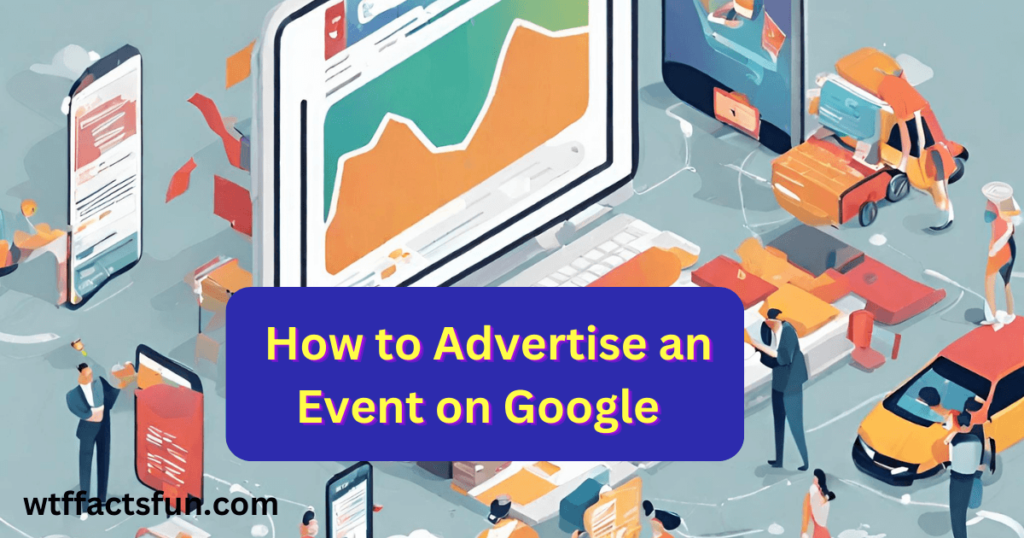
Table of Contents
- 1 How to Advertise an Event on Google
- 1.1 II. Understanding Google Events
- 1.2 III. Preparing for Event Promotion
- 1.3 IV. Optimizing Event Content
- 1.4 V. Leveraging Google Ads for Events
- 1.5 VI. Utilizing Social Media Integration
- 1.6 VII. Maximizing Local SEO
- 1.7 VIII. Measuring Success with Analytics
- 1.8 IX. Overcoming Common Challenges
- 1.9 X. Conclusion
- 1.10 Related
How to Advertise an Event on Google
How to Advertise an Event on Google: In today’s digital age, advertising events on Google has become a crucial strategy for reaching a wider audience and ensuring the success of your gathering. As we navigate the intricacies of event promotion, the power of online platforms cannot be overstated.
II. Understanding Google Events
Google Events offer a unique platform for event organizers to showcase their gatherings. With features tailored for seamless promotion, it provides an excellent opportunity to connect with potential attendees.
III. Preparing for Event Promotion
Before diving into event promotion, it’s essential to set the stage for success. This involves creating a Google My Business account, crafting an enticing event description, and selecting relevant categories and tags.
IV. Optimizing Event Content
To capture the audience’s attention, high-quality visuals, strategic keyword use, and compelling event titles and descriptions are essential. This section explores the art of making your event content stand out.
V. Leveraging Google Ads for Events
Taking advantage of Google Ads is a powerful way to enhance event visibility. Learn how to create targeted ads, set a budget, and monitor performance to ensure your event gets the attention it deserves.
VI. Utilizing Social Media Integration
The synergy between Google and social media is undeniable. Discover effective strategies for sharing events on various platforms, encouraging audience interaction, and collaborating with partners.
VII. Maximizing Local SEO
For events with a local focus, optimizing for local search results is crucial. This section guides you through the steps to boost local visibility and engage with potential attendees on a community level.
VIII. Measuring Success with Analytics
Understanding the impact of your promotional efforts is vital. Explore the setup of Google Analytics for event tracking, analyze key performance indicators, and use data-driven insights to improve future events.
IX. Overcoming Common Challenges
Even the best-laid plans can face challenges. Learn how to navigate issues like low event visibility, negative reviews, and adapt your strategies for different event types.
X. Conclusion
In conclusion, advertising an event on Google is a multifaceted process that requires ongoing effort. By implementing the strategies outlined in this guide, you can maximize your event’s reach and impact.
Read also:
What is Municipal Clothing? A Comprehensive Overview
Why is Keiser University So Expensive? Unveiling the Factors Behind the Costs
Pollution-Free All Nighter 12: Revolutionizing Your Nights and the Planet